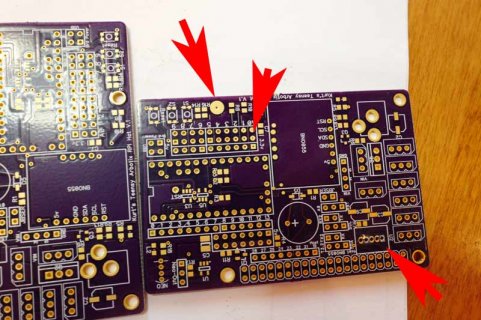byte ackCount=0;
uint32_t packetCount = 0;
void loop() {
//process any serial input
if (Serial.available() > 0)
{
char input = Serial.read();
if (input == 'r') //d=dump all register values
radio.readAllRegs();
if (input == 't')
{
byte temperature = radio.readTemperature(-1); // -1 = user cal factor, adjust for correct ambient
byte fTemp = 1.8 * temperature + 32; // 9/5=1.8
Serial.print( "Radio Temp is ");
Serial.print(temperature);
Serial.print("C, ");
Serial.print(fTemp); //converting to F loses some resolution, obvious when C is on edge between 2 values (ie 26C=78F, 27C=80F)
Serial.println('F');
}
}
if (radio.receiveDone())
{
Serial.print("#[");
Serial.print(++packetCount);
Serial.print(']');
Serial.print("[Sender Node ID = ");
int MoteinoID = radio.SENDERID;
//Serial.print(radio.SENDERID, DEC);
Serial.print(MoteinoID);
Serial.print("] ");
for (byte i = 0; i < radio.DATALEN; i++)
Serial.print((char)radio.DATA[i]);
Serial.print(" [RX_RSSI:");Serial.print(radio.RSSI);Serial.print("]");
if (radio.ACKRequested())
{
delay(10);
byte theNodeID = radio.SENDERID;
radio.sendACK();
Serial.print(" - ACK sent.");
Serial.print(" Pinging node ");
Serial.print(theNodeID);
Serial.print(" - ACK...");
delay(10); //need this when sending right after reception .. increased from 3 to 10
if (radio.sendWithRetry(theNodeID, "ACK TEST", 8, 0)) // 0 = only 1 attempt, no retries
Serial.print("ok!");
else Serial.print("nothing");
}
Serial.println();
Blink(LED,3);
}
}

 Are they going to remake that panel and sent it out to everyone involved in it?
Are they going to remake that panel and sent it out to everyone involved in it?

